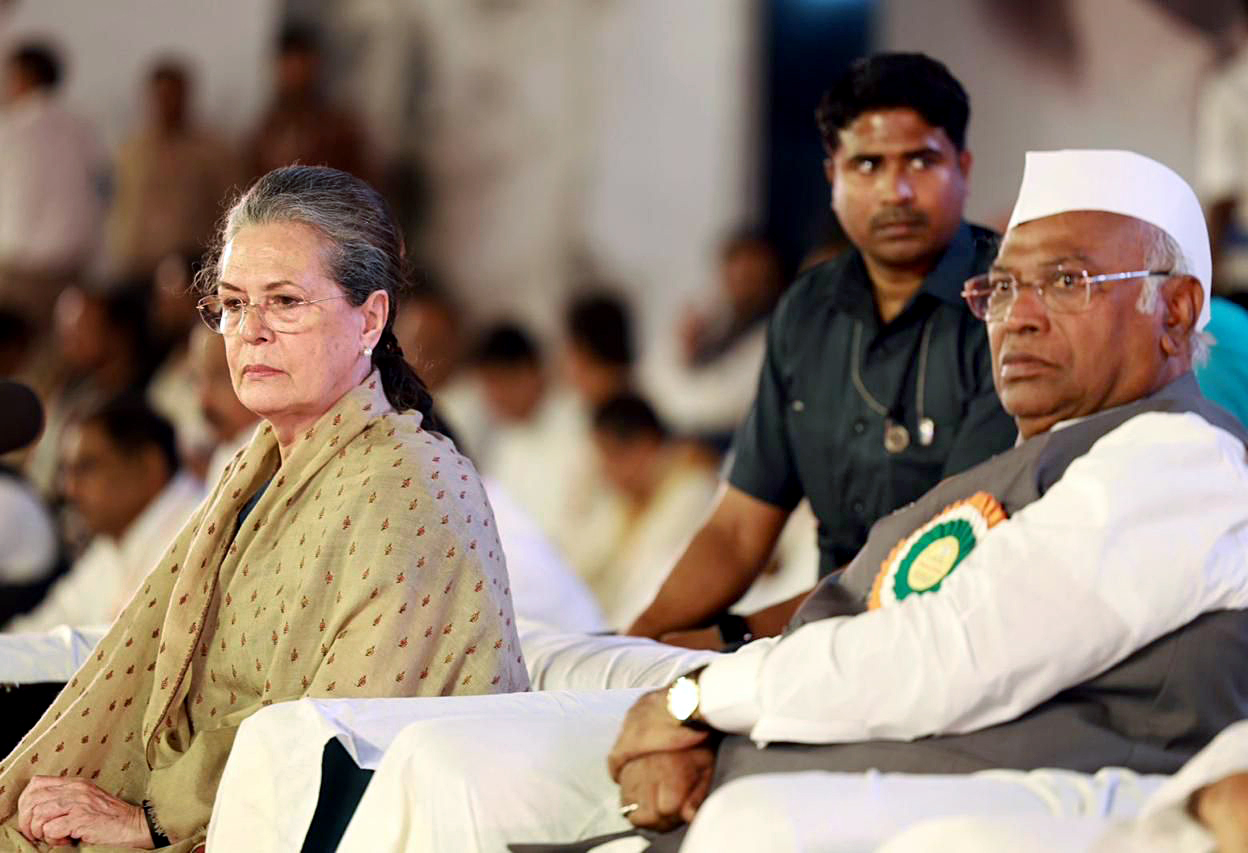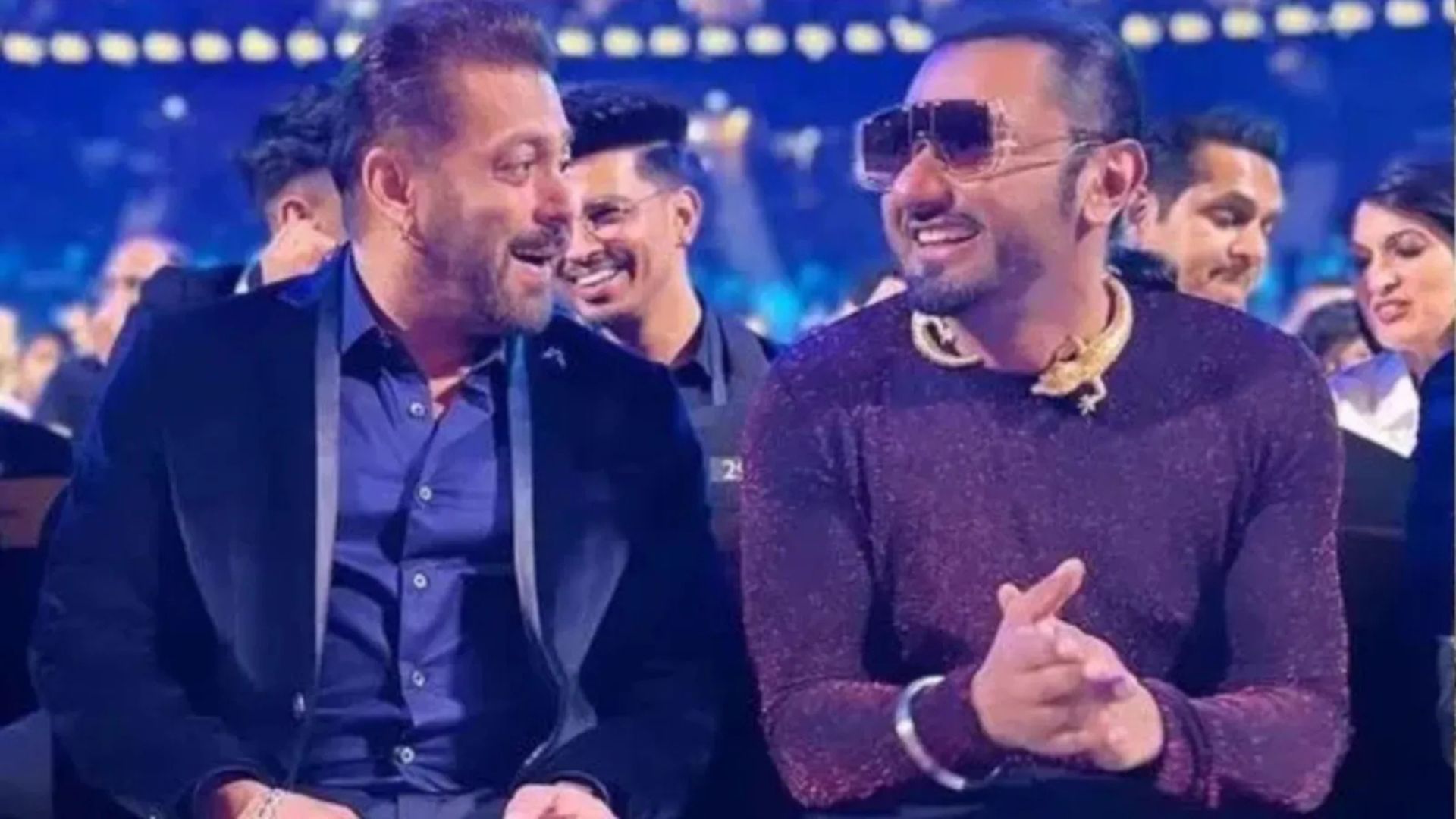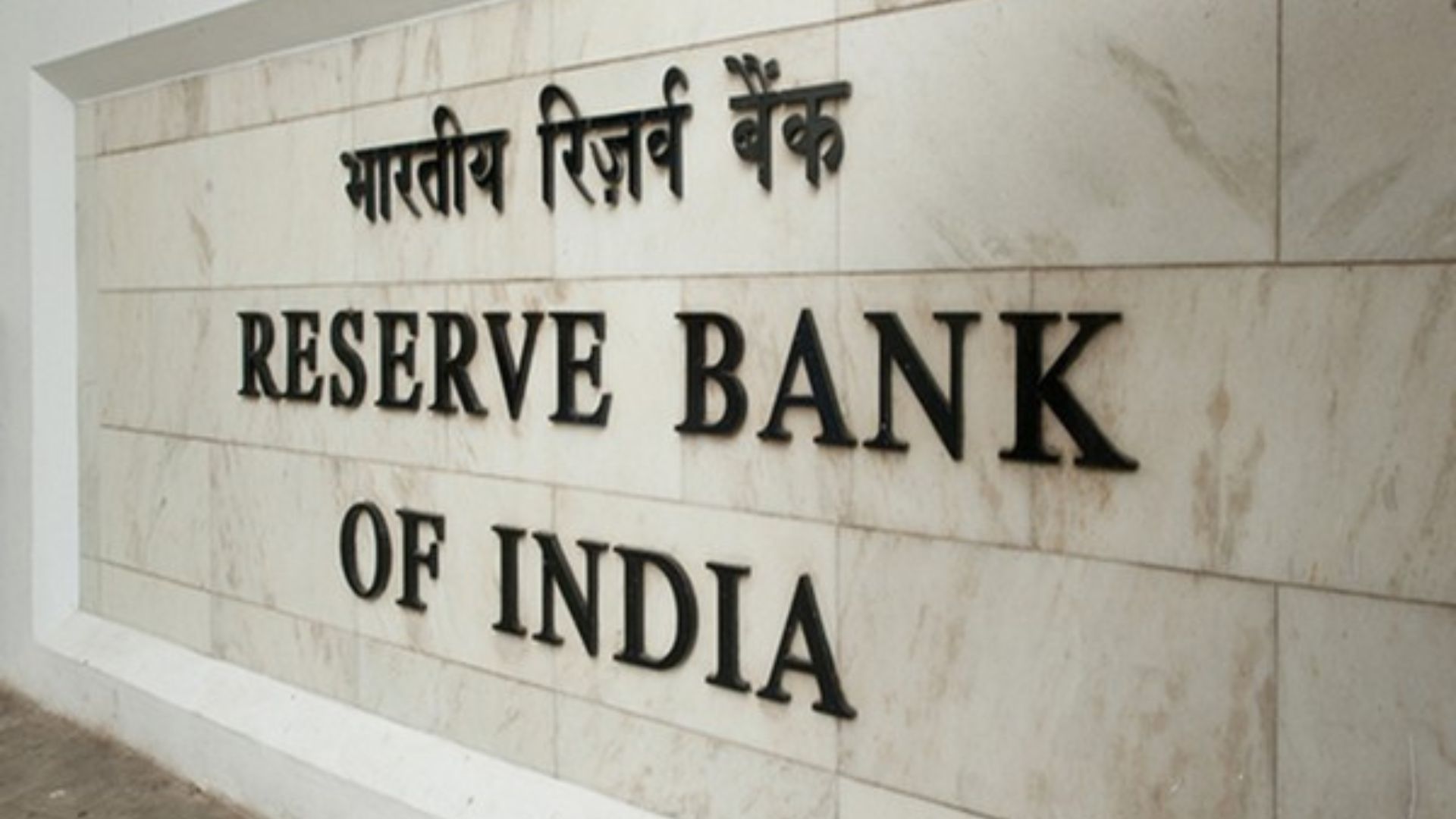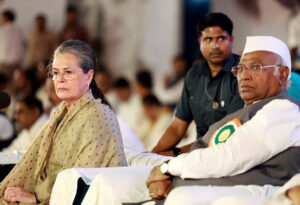On the occasion of B R Ambedkar’s birth anniversary, former Congress chief Sonia Gandhi launched a scathing attack on the government, alleging that the regime in power is “misusing and subverting” the institutions of the Constitution, and that the people must act to defend the Constitution from this “systematic assault.” “As we remember Babasaheb’s legacy today, we must remember his forewarning that the success of the Constitution is dependent on the conduct of the people entrusted with the duty to govern,” Congress parliamentary party president Rahul Gandhi said.
She claimed that the current regime is abusing and subverting the Constitution’s institutions, weakening its foundations of liberty, equality, fraternity, and justice.
Gandhi claimed that liberty is “threatened” by using the law to harass people rather than protect their rights, and equality is “assaulted” by “favoured treatment to chosen friends” in every sphere, despite the fact that the vast majority of Indians are economically disadvantaged.
“Fraternity is eroded by purposefully creating an atmosphere of hatred and polarising Indians against one another.” The resulting injustice is exacerbated by sustained pressure on the judiciary,” Gandhi said.
At this juncture in our country’s history, she says, people must act to protect the Constitution from this “systematic assault.”
“At this critical juncture, all Indians – political parties, unions and associations, citizens in groups and as individuals – must play their roles.” “The life and struggle of Dr. Ambedkar teaches critical lessons that can serve as a guide,” the former Congress president said. She stated that the first lesson is to vigorously debate and disagree while ultimately working together for the good of the country.
She noted that the history of India’s freedom struggle is littered with sharp disagreements between Mahatma Gandhi, Jawaharlal Nehru, Ambedkar, Sardar Patel, and others.
These debates naturally pique people’s interest because they present a variety of viewpoints on important issues concerning our future, she added.
“However, we must not forget that, in the end, all of the great men and women who fought for our freedom worked together to secure our independence and shape our nation.” “Their ups and downs at various times only show that they were fellow travellers on a common journey, and they were well aware of that fact,” Gandhi said.
She claimed that Dr. Ambedkar’s conduct as Chairman of the Constituent Assembly’s Drafting Committee exemplifies this principle.
She stated that the second lesson to be learned is to foster a spirit of fraternity, which is the foundation of the nation.
“Babasaheb deeply believed in the importance of nurturing an Indian brotherhood as one people, saying ‘without fraternity, equality, and liberty will be no deeper than coats of paint,'” she said.
Gandhi recalled that in his final speech, he discussed how the caste system undermines fraternity and called it “anti-national.”
“This phrase is abused by those in power today, but Dr. Ambedkar explained its true meaning – the caste system is ‘anti-national’ because it causes separation, jealousy, and antipathy – in short, it divides Indians against each other,” she said.
“Dr. Ambedkar fought for the rights of Dalits, as well as the rights of all marginalised individuals and communities.” “The Constitution’s system for backward classes and minorities is flexible and expansive, allowing progressive action for their welfare,” she said.
“Today, the challenges of ensuring social justice have taken on new dimensions.” “The Congress government’s 1991 economic reforms increased prosperity, but we now see growing economic inequality,” Gandhi said.
She argued that “reckless privatisation” of public sector units is narrowing the reservation system, which provided security and social mobility to Dalits, Adivasis, and OBCs.
According to her, the introduction of new technologies threatens livelihoods while also providing opportunities to better organise and ensure greater equality.
“The challenge is to learn from Babasaheb Ambedkar and ensure social justice in these changing times,” Gandhi said.
She also quoted Babasaheb Ambedkar’s final words in the Constituent Assembly: “If we wish to preserve the Constitution… let us resolve not to be tardy in recognising the evils that lie in our path…nor weak in our initiative to remove them.” That is the only way you can serve your country. I’m not aware of any better.” Gandhi added, “These words must be our resolve in the coming years.”













